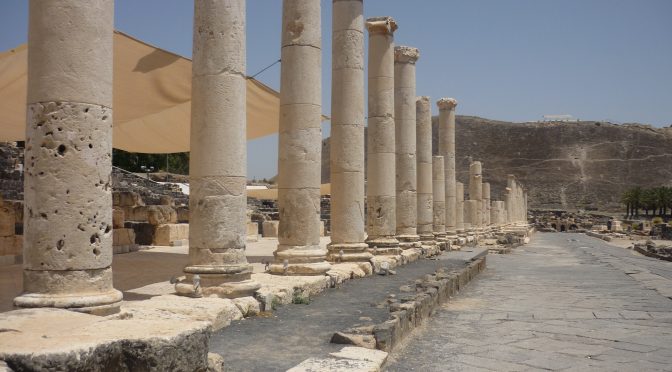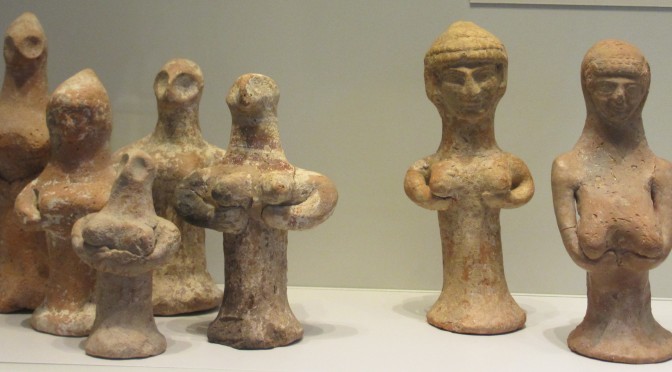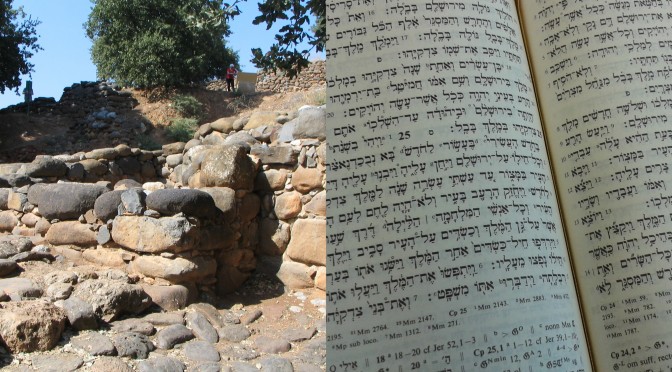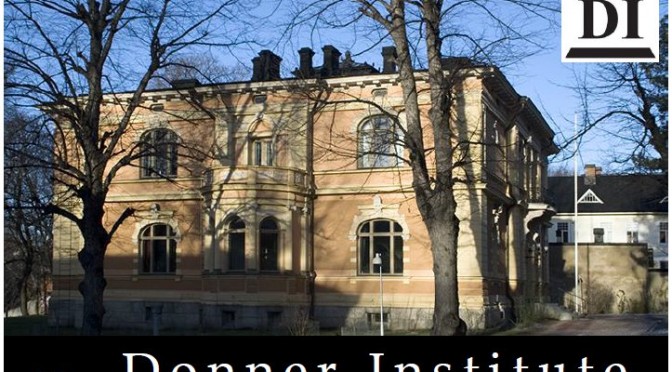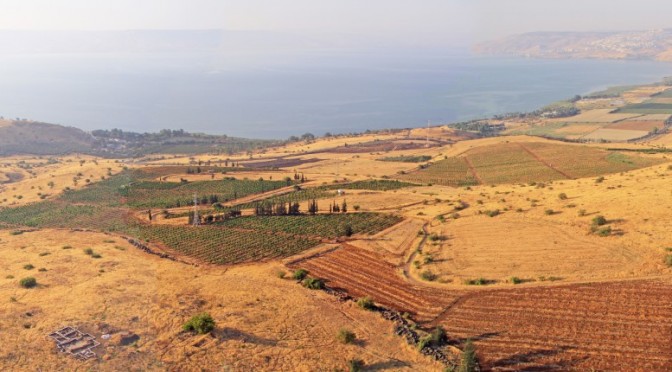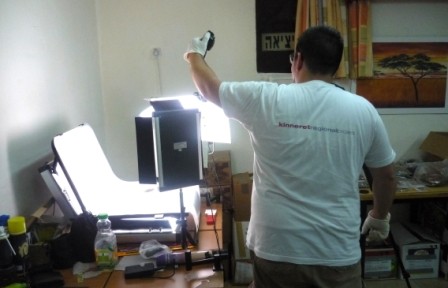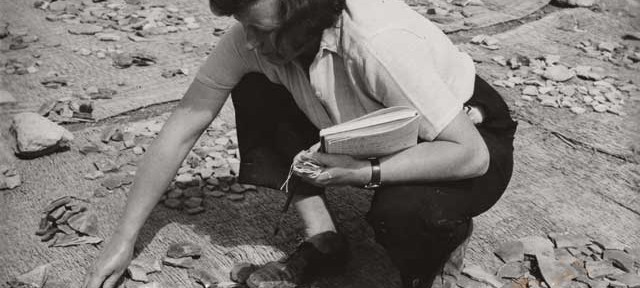We’re h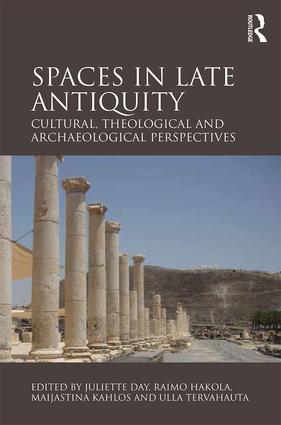 appy to announce that the edited volume “Spaces in Late Antiquity: Cultural, Theological and Archaeological Perspectives” (ed. Juliette Day, Raimo Hakola, Maijastina Kahlos, and Ulla Tervahauta; London: Routledge, 2016) has been published and can now be ordered through Routledge’s website.
appy to announce that the edited volume “Spaces in Late Antiquity: Cultural, Theological and Archaeological Perspectives” (ed. Juliette Day, Raimo Hakola, Maijastina Kahlos, and Ulla Tervahauta; London: Routledge, 2016) has been published and can now be ordered through Routledge’s website.
Here is the book’s blurb: “Places and spaces are key factors in how individuals and groups construct their identities. Identity theories have emphasised that the construction of an identity does not follow abstract and universal processes but is also deeply rooted in specific historical, cultural, social and material environments. The essays in this volume explore how various groups in Late Antiquity rooted their identity in special places that were imbued with meanings derived from history and tradition. In Part I, essays explore the tension between the Classical heritage in public, especially urban spaces, in the form of ancient artwork and civic celebrations and the Church’s appropriation of that space through doctrinal disputes and rival public performances. Parts II and III investigate how particular locations expressed, and formed, the theological and social identities of Christian and Jewish groups by bringing together fresh insights from the archaeological and textual evidence. Together the essays here demonstrate how the use and interpretation of shared spaces contributed to the self-identity of specific groups in Late Antiquity and in so doing issued challenges, and caused conflict, with other social and religious groups.”
The book is edited by CSTT-member Raimo Hakola and other researchers from Helsinki’s Faculty of Theology, and includes two essays by CSTT-members: Raimo Hakola (“Galilean Jews and Christians in Context: Spaces Shared and Contested in the Eastern Galilee in Late Antiquity“) and Rick Bonnie (“Thrown into Limekilns: The Reuse of Statuary and Architecture in Galilee from Late Antiquity onwards“).
For more information on how to order the book, please visit Routledge’s website.

